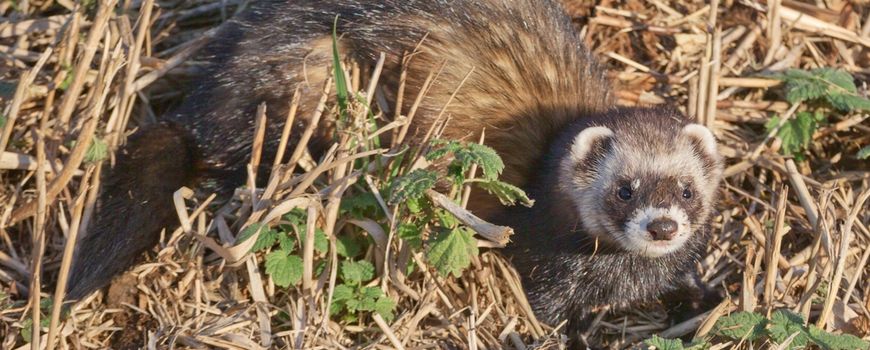Polecat and foxes infected with bird flu
Dutch Wildlife Health Center (DWHC) , Vogelklas Karel Schot , WBVR , Mammal Society
20-JAN-2022 - A polecat has been found in South Holland with the very sickening bird flu variant H5N1. Elsewhere in the Netherlands, foxes also appear to be infected with the virus, according to research by the Dutch Wildlife Health Centre, the Netherlands Food and Consumer Product Safety Authority and Wageningen Bioveterinary Research.
On January 8, 2022, a polecat ( Mustela putorius ) was found near Dirklandse Sas on the South Holland island of Goeree-Overflakkee that was behaving very strangely. The animal turned its head uncontrollably and was completely disoriented. Such behavior often points to a nervous system disorder. The polecat was taken by animal ambulance to Vogelklas Karel Schot in Rotterdam, a shelter for wild birds and mammals. Since the symptoms were very severe, it was decided there to euthanize the animal after 24 hours and to spare her further suffering. Such neurological symptoms also occur in waterfowl that are sick with bird flu. It was therefore decided to have the dead polecat tested in the lab of Wageningen Bioveterinary Research (WBVR)...

Comment